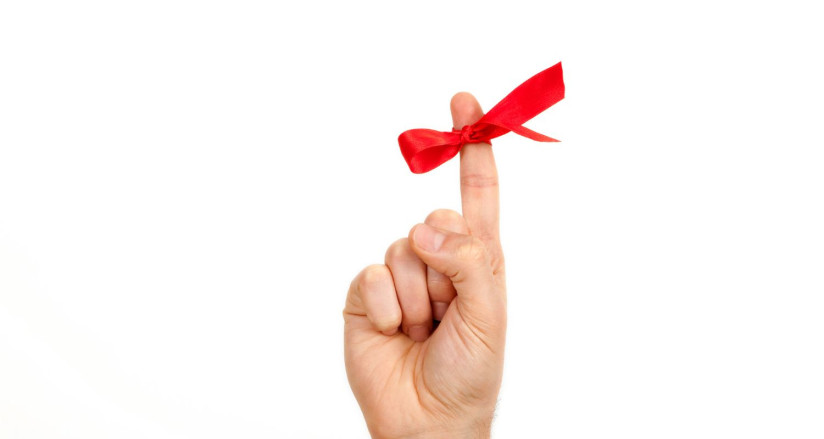Common household foods and products can be harmful to dogs; here are some situations to avoid
Dogs – especially young ones – are naturally curious creatures. But their inquisitive nature can sometimes lead to trouble: certain common items inside and outside of the home can be life-threatening if ingested. Avoid unwanted trouble and keep your inquisitive pooch safe with this handy list of potential poisons. Contact your veterinarian for a complete list of items to avoid in your area.
Toxic Foods
Several everyday human foods can spell trouble for our furry friends. These include:
- Chocolate
- Grapes
- Onions
- Garlic
- Raisins
- Macadamia Nuts
- Alcoholic and Caffeinated Beverages
- Chewing Gum with Xylitol
Plants
Houseplants and outdoor plants – even dead or dried – can have dangerous effects on dogs. In some cases, only certain parts of the plant are problematic, like leaves, fruit, or seeds. Ask your vet for a list of toxic plants in your area (both cultivated and wild) and keep your pets away or remove them entirely.
Pest Control
The same baits that poison pests can do the same to your pup:
- Place all rodent, snail, insect, and other poison in a safe, inaccessible place. Ingestion can cause severe internal bleeding.
Backyard Maintenance Supplies
Certain tools for maintaining a beautiful backyard can be harmful to your furry friend. Be mindful to:
- Keep pets off lawns or gardens that have been treated with fertilizers, herbicides, or insecticides.
- Wipe your dog’s feet as soon as possible if they have come in contact with treated lawns, or snow or ice treated with ice melt.
-
Store all chemicals in cabinets or other places that pets can’t reach.
Chemicals and Household Cleaners
Certain items around the home present a danger to your pooch, such as:
- Antifreeze/coolant: always wipe up antifreeze leaks or spills immediately. The sweet taste can attract animals, and even the animal-friendly varieties (usually made with propylene glycol, not ethylene glycol) can cause kidney failure.
- Household cleaners, which may have noxious fumes.
- Heavy metals (like lead), which can be found in paint chips and linoleum.
Medications and Supplements
Pet owners may have the best intentions, but human medicine can be poisonous to dogs. Always consult with your veterinarian before giving your dog any vitamins, herbal supplements, or medications.
Know the Symptoms of Poisoning
Accidents can happen with even the most diligent dog owners. The following symptoms are typically a sign of poisoning:
- Vomiting/Upset Stomach
- Labored or Shallow Breathing
- Excessive Drooling
- Increased or Decreased Heart Rate
- Fever
- Hyperactivity or Sluggishness/Lethargy
- Increased Thirst or Lack of Thirst/Hunger
- Dilated Pupils
- Stumbling or Staggering
- Seizures or Tremors
- Loss of Consciousness
Act Quicky in an Emergency
If you think your dog has ingested a dangerous substance, contact your veterinarian or local animal hospital immediately.
Be sure to bring item packaging, a plant sample, or a photo of an ingested item or substance with you to help the vet prescribe the best treatment your pet.
